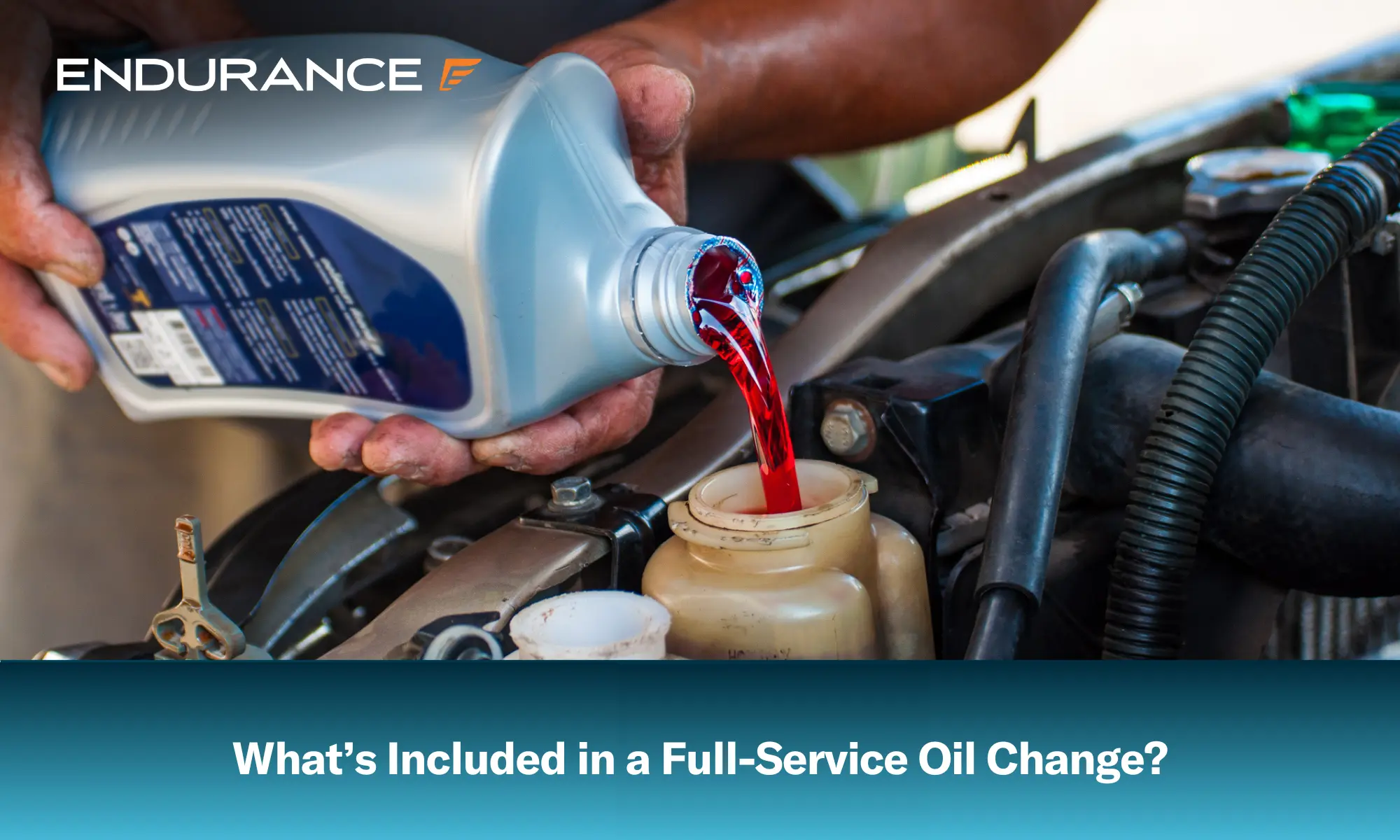Maximize Your Cars and truck'S Efficiency With Routine Oil Changes
Maintaining your automobile's efficiency is a complex undertaking, with normal oil adjustments standing out as a crucial aspect. Fresh engine oil plays a critical function in guaranteeing ideal lubrication, minimizing rubbing, and stopping wear on necessary parts. Several vehicle drivers forget the indicators that show a demand for an oil modification, possibly jeopardizing their car's durability.
Value of Routine Oil Modifications
While numerous vehicle owners may forget the value of normal oil modifications, overlooking this essential maintenance job can bring about serious consequences for engine performance and longevity. Engine oil plays an essential role in lubricating moving parts, reducing rubbing, and avoiding overheating. In time, oil degrades as a result of direct exposure to heat and contaminants, which lessens its efficiency.
Stopping working to change the oil regularly can cause the build-up of sludge and particles, which can block important engine parts and cause enhanced wear. This not just jeopardizes engine efficiency yet can also result in expensive repair work or also complete engine failure. In addition, old oil sheds its capability to counteract acids generated during combustion, which can lead to corrosion and additional damages.
Furthermore, lots of vehicle suppliers recommend specific oil adjustment periods, commonly based on gas mileage or time. In summary, routine oil modifications are not just a recommendation; they are an essential component of responsible automobile maintenance that secures the engine and enhances overall efficiency.
Benefits of Fresh Oil
Altering to fresh oil provides countless advantages that directly boost engine efficiency and efficiency. New oil lowers rubbing between engine parts, which not only reduces wear but likewise contributes to smoother procedure.
Additionally, fresh oil successfully cleans the engine by putting on hold contaminants and preventing sludge accumulation. Over time, oil comes to be infected with dirt, steel particles, and combustion by-products. Regularly replacing oil makes certain that these dangerous substances are eliminated, promoting a cleaner and much healthier engine atmosphere.
Furthermore, fresh oil aids in ideal temperature law. It dissipates heat better, stopping getting too hot and prospective damages to engine components. This is particularly important throughout peak efficiency scenarios, where heat accumulation can hinder engine functionality.
Signs Your Oil Requirements Transforming
Engine oil is the lifeblood of your lorry, and acknowledging when it requires transforming is vital for keeping optimal efficiency - Oil Change Lockhart. A number of signs show that it's time for an oil modification, and staying vigilant can avoid engine damage and expensive repairs
First, examine the color and uniformity of the oil. Fresh oil is normally brownish-yellow and smooth, while old oil may show up dark and gritty, showing contamination and reduced performance. An adjustment in viscosity can also indicate that the oil has damaged down and is no much longer appropriately lubricating engine components.

Another indication is the oil change light on your control panel. This sharp serves as a tip that the oil has actually reached its lifespan or that there is a hidden concern requiring attention. Furthermore, uncommon engine sounds, such as knocking or ticking, may recommend insufficient lubrication because of abject oil.
Last but not least, if you see oil spots or puddles under your vehicle, it might show a leak that necessitates instant assessment and possible oil change. Listening to these signs will guarantee your engine runs efficiently and successfully.
Choosing the Right Oil
Picking the appropriate oil for your car is this content crucial for making sure optimal performance and longevity. This assistance will certainly route you towards the right viscosity quality, such as 5W-30 or 10W-40, which suggests the oil's density at various temperatures.
Next, think about the type of oil: standard, synthetic, or a mix. Traditional oil is stemmed from petroleum and is suitable for older vehicles, while synthetic oil supplies exceptional protection and performance for modern-day engines, especially under severe conditions. Synthetic blends combine the advantages of both and are usually an economical choice.
Furthermore, search for oils that fulfill industry standards, such as API (American Oil Institute) or ACEA (Organization des Constructeurs Européens d'Automobiles) certifications. These indications guarantee that the oil has been tested for quality and performance. Inevitably, selecting the appropriate oil not only improves engine efficiency but likewise adds to the overall health of your car, leading the means for smoother driving experiences.
Oil Adjustment Regularity Recommendations

Aspects influencing oil adjustment frequency include driving problems, such as stop-and-go web traffic, extreme temperature levels, and towing hefty tons. Under severe conditions, it could be sensible to alter the oil extra often to prevent engine wear. Furthermore, some modern-day automobiles come equipped with oil life tracking systems that provide individualized recommendations based on driving habits, which can better optimize the have a peek at this website oil change routine.
It's crucial to consult your proprietor's handbook for specific recommendations customized to your lorry. Following these standards not just maintains engine health yet additionally improves gas effectiveness and minimizes discharges. To conclude, normal oil useful site modifications, timed suitably based on different aspects, are a fundamental aspect of automobile upkeep that can substantially affect efficiency and longevity.
Verdict
